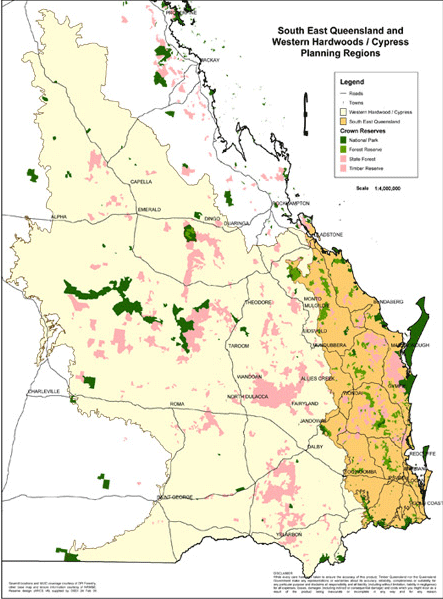 |
Find out more about Tallowwood
The botanical name for Tallowwood is Eucalyptus microcorys. This hardwood species grows along the east coast of Queensland as far as Maryborough and Fraser Island. It is an extremely hard and durable timber often sought after by architects.
|
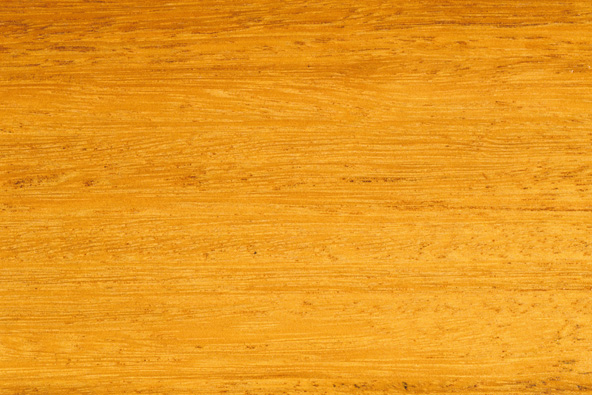 |
What does Tallowwood look like?
Tallowwood has a unique colour and grain structure, it is predominately yellowish brown with a tinge of olive green and beautiful growth rings.
|
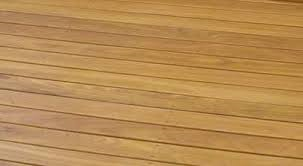 |
What is Tallowwood used for?
Common applications for Tallowood include:
- In-ground and above ground framing (exposed and protected),
- Decking
- Cladding
- Internal flooring
- Outdoor furniture
- Landscaping
- Boat building
- Wharf and bridge construction
|
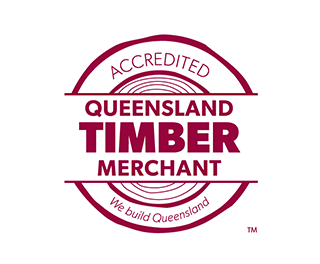 |
Where can I purchase Tallowwood?
Tallowwood has limited avalilabity however Queensland Timber Merchant Network members are your best source. Search for your local supplier via the Accredited Queensland Timber Merchant postcode search tool.
|
| |
Where can I find more information about the use and application of Tallowwood?
For more detailed information than the Tallowwood property table below, visit WoodSolutions or download 'Construction timbers in Queensland' which describes the properties of timbers used in the construction of Class 1 to Class 10 buildings (e.g. houses, carports, garages, greenhouses and sheds) in Queensland, as well as other purposes such as furniture, landscaping and outdoor structures (e.g. playgrounds, fences).
|
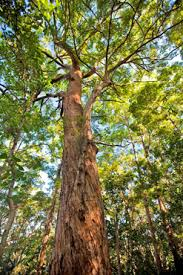 |
What are the properties of Tallowwood?
|
Termite resistance
|
Termite resistant
|
|
Shrinkage
This is the measure of the percentage reduction from the unseasoned to 12% moisture content condition.
|
6.1% (tangential)
3.7% (radial).
|
|
Density
Mass divided by volume, expressed in kg/m3 when describing timber
|
1010 kg/m3 at 12% moisture content; approximately 1.0 m3 of seasoned sawn timber per tonne
|
|
Toughness
|
Medium Toughness
|
|
Bushfire resistance
|
Bushfire resistant
|
|
Strength
The strength of Australian timber is described in terms of "stress grades". Stress Grading is a way of classifying timber, either visually or by mechanical means to indicate the basic properties to be used for structural design purposes. The stress grade is designated in a form such as "F17", which indicates the relative bending of timber.
|
F14 to F27
|
|